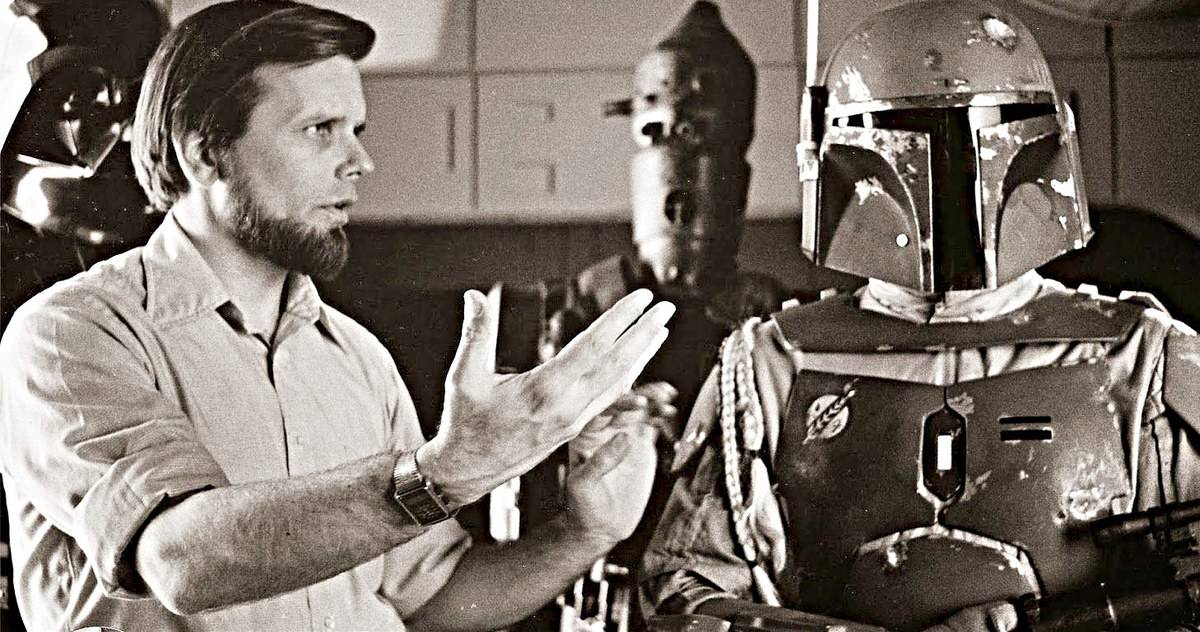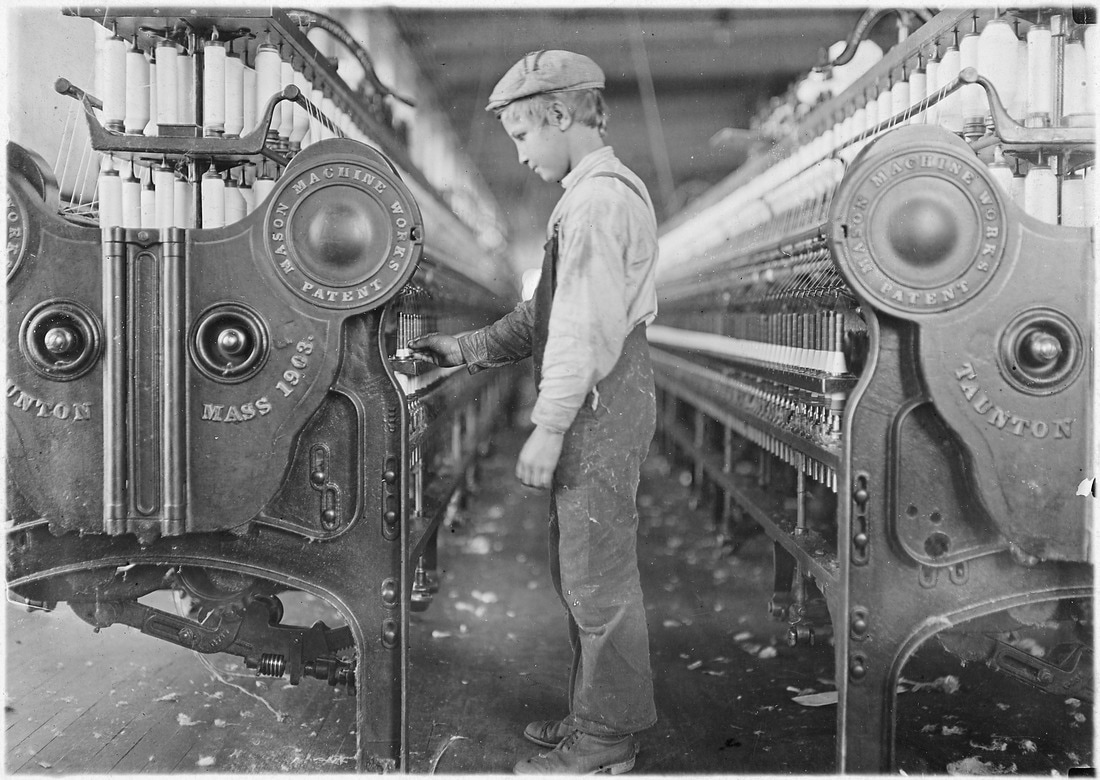Nothing has actually gone wrong and everything is progressing as it always has because Star Wars is, by and large, shit. The thing that we love, and never got over, was something (well a person, actually) that some of us have never been aware of.
I really hate when the wrong people get the credit for something, or people that are essential to a process are left on the sidelines. We see it over and over again. That's the thing though, we DON'T see it over and over again. There's a 'thing' - be it a product from Silicon Valley, a film, a scientific breakthrough, a revolutionary theory - where it does exceedingly well. There is usually a team, but always out in front is the front person. Like Bono. (Although I like Bono - but he's mercurial) Then everyone thinks that person is the genius, they get shoved the opportunity to do their magic all over again and, low and behold, they keep rolling out uninspired garbage. I guarantee the ingredient missing is a person who is part of the team. Edison did it to Tesla, Jobs did it to everyone, Stan Lee did it to Jack Kirby and Steve Ditko (seriously, look it up - Stan Lee is not the creative genius behind Marvel, not by a long shot), and George Lucas did it to Gary Kurtz. Sort of.
For me, the penny dropped just before Episode One dropped in 1999. I read a blog (which, I can't for the life of me find) that predicted what would happen to Episode One, and in fact the Prequel Trilogy. This individual absolutely nailed it. He went through the history of the production of Star Wars and spoke about the Producer Gary Kurtz and this is what largely informs my understanding of what has gone wrong in the Star Wars franchise.
There are, of course, a lot of people to credit for the success of the original Star Wars (Episode IV) and Empire. But it's really interesting to note what happened to the franchise after Gary Kurtz left. It seems to me that Kurtz - who went through film school with Lucas- was the force that kept Lucas in check and brought the gritty realism to Star Wars. It was over the inclusion of the second Death Star, the refusal to kill off Han Solo and most importantly the inclusion of Ewoks instead of Wookies that resulted in Kurtz deciding to part ways.
Like all things, all sides of the story must be considered for a fair reading of the circumstances to be achieved. I can't blame Lucas for pursuing the toy market instead of artistic integrity. Lucas kinda got screwed by FOX with the deal he struck, but he had a stroke of genius when it came to owning the rights to the toys - from which he made an absolute killing and further, allowed him to develop Lucas Film, Industrial Light and Magic and a bunch of other really significant industry breakthroughs. Remember when he donated 4 billion to fund American Schools? He's a truly good man, but he's no Hemingway. But for Kurtz, he could see that Lucas was making decisions not based on what was important for the narrative, but rather, what would make toys. So he walked. Once Kurtz' influence was gone you can see for yourself what happened to the films.
So everyone figured that once George Lucas got back involved with Star Wars it would be rescued from the destructive 'woke' influence of Kathleen Kennedy. Wrong. Lucas had full control of writing and directing choices for the Prequel Trilogy and you can see that for yourself.
Looking at the absolute mess that Obi Wan Kenobi is, think about all the patterns you see in the Prequels. They're literally all there. See if you can spot them? I'll confess, I haven't researched this aspect, I don't actually know if Lucas was helping the writing, but you know what, I won't be the least be surprised if he was.
The father of Star Wars is Gary Kurtz. George Lucas was the sperm donor.

